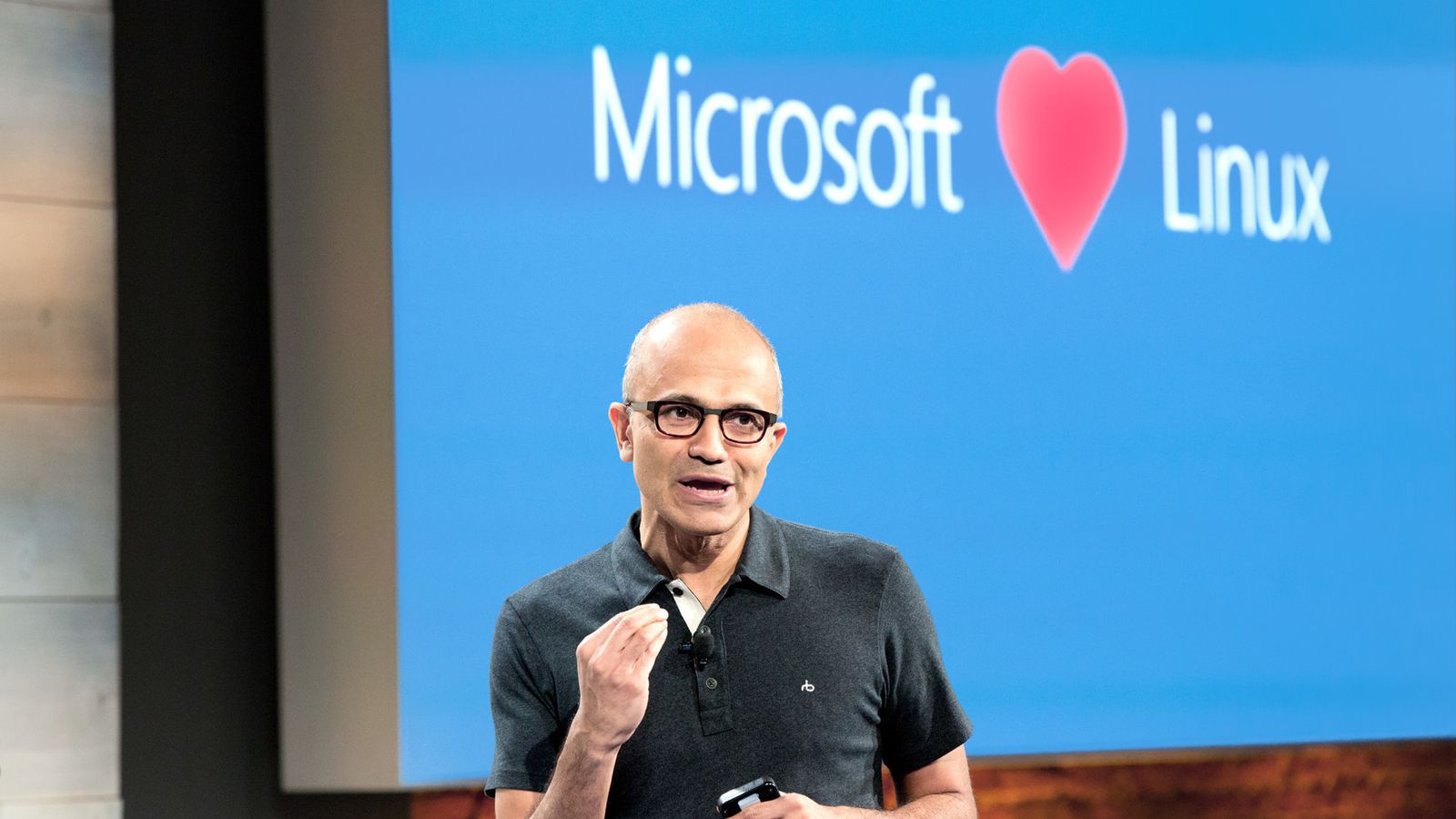I don’t necessarily agree with this characterisation. This is how to install linux rather than “we recommend linux over windows”?
Yeah, title is kinda clickbaity. It doesn’t mention that Microsoft recommends Linux at any point. But a post saying that Microsoft has an installation guide for Linux would get less traffic I guess.
In fact, it recommends installing Linux on top of Windows via WSL or a virtual machine. It explicitly recommends not installing Linux on bare metal because of hardware compatibility.
Also because that makes it harder for them to spy :/
Especially because this exact article with a non clickbait title has gone around two-three weeks ago
Recommends Installing Linux
*through Windows
Embrace.
Extend.
Extinguish.
Good luck with that… xD
Microsoft has a lot of luck with that.
But with closed source, GitHub (still closed) for example it’s still alive, and we can still use GitLab, Gitea…, he has no power on Open Source. 😁
Something I’ve often wondered: Comparing the size of the group that uses self-hosted and F/OSS stuff like Gitea to the size of the group that uses Github, et al. I wonder how we stack up as a measure of success.
I would say that it is still used by many projects, it keeps offering features and improving it, not going worse, right? But if they even do something bad to Linux, we can just fork as we do with any other open source project, and we improve it.
@Zerush Microsoft is a long time contributor to the Linux kernel. Also for some years now they are shifting their focus. They make more and more money with their subscription based “cloud” services that can be used with every modern operating system. They also use Linux quite intensively on their “cloud”-systems itself.
They realized over time, that you can make much more money with monthly subscriptions than with single time purchases. So they aren’t that interested anymore in selling you OEM versions of Windows, but instead they try to lur you into monthly subscriptions for services.
This is clear to me, also that MS like Google is very involved in the world of OpenSource (GitHub is from MS). But it should also be added that large corporations also use many APIs and scripts in many FOSS products that allow them to continue profiling the user. if these “additions” are not removed from the product to be used. MS is also clear that, at least in the EU, more and more computer stores sell PCs only with FreeDOS, to leave the OS to the user’s decision, with this their business is being reduced anyway and so is their influence, which in the EU it is minimal. The difference between MS USA tracking and MS EU is abysmal.
MS EU

MS USA


I would think this wouldn’t be a good idea, but neat to have a major player explaining it for us I guess.
The most comprehensive Installation Guide is the one on ArchWiki bar none. I used the ArchWiki well before I started using Arch Linux, it’s just that good.








